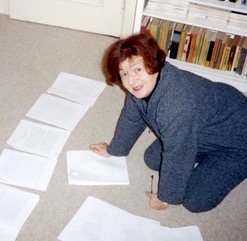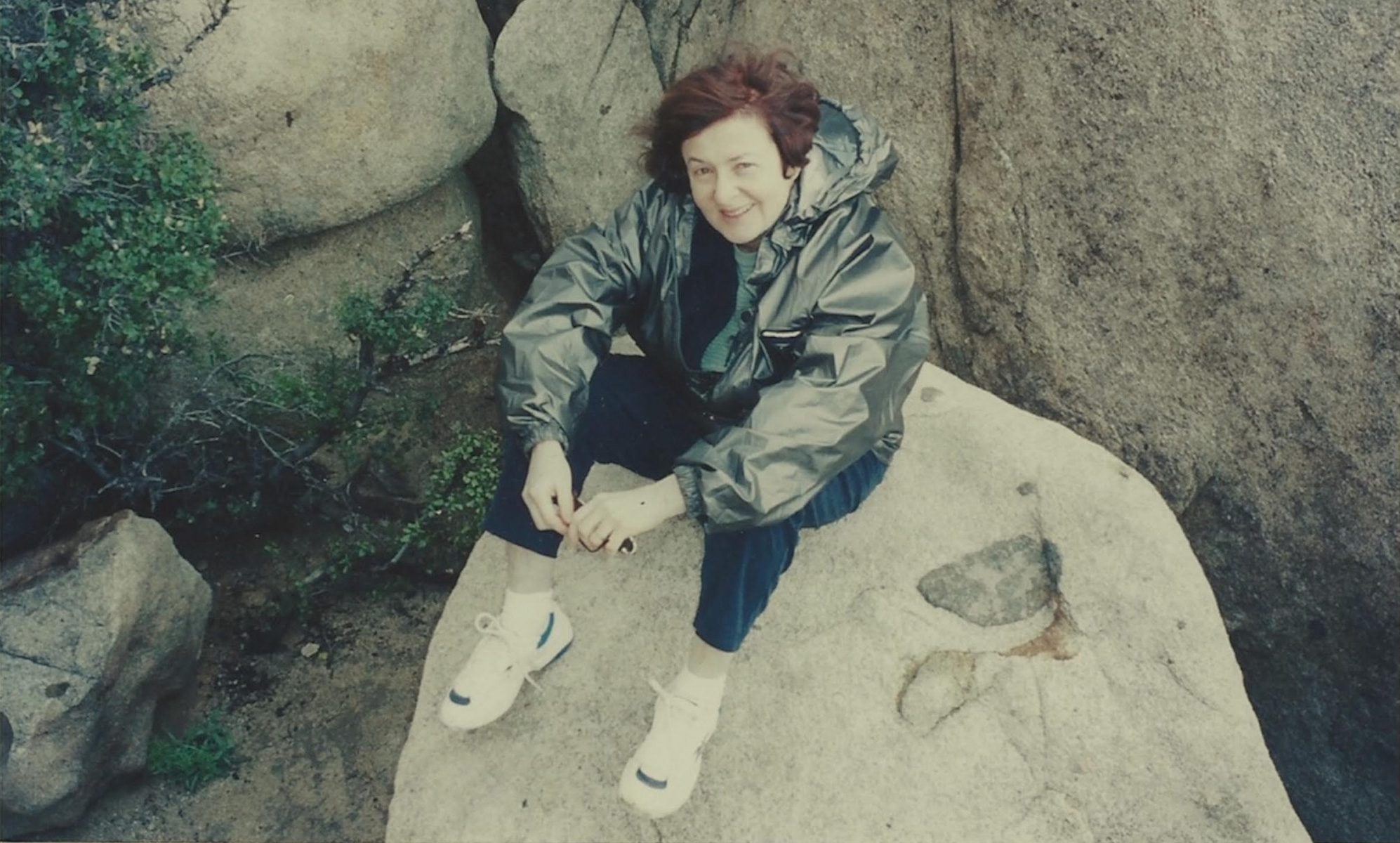“Spelling Bee Love”
Lilith, Summer 2024
Four years into our dating, the conversations began about where to live:
“Why don’t you sell your house and get a small apartment near me?” I’d say. “You just need a small place so we can stay independent.”
“Why would I give up my house, my backyard, all the greenery and quiet for a tiny, noisy place in town?” he’d counter.
“But you’re hardly there. You’re in my house!”
“Not always.”
“Since Covid, always.”
Read more…
“The Power of Other Voices in Creative Nonfiction”
Assay, Fall 2023
“Creative Nonfiction, especially in first person, puts a human face on history in ways that most history books do not. Rather than make universal claims—This is what happened—the writer says, “This is the world as I experienced it.” If done well, readers will follow the I into that world of people and events they may not have considered before, confronting issues, even hot button issues, they may have avoided. Personal stories, well-told, have the power to cross boundaries of difference and discover what we have in common, which leads to more understanding and more empathy for those unlike ourselves.” Read more…
When the Nazis came, not everyone divided neatly into ‘good’ neighbors and ‘bad’
The Boston Globe, April 8, 2021
“His letter came from South Australia, out of the blue. He wanted to thank me for my book about Christian and Jewish neighbors in the tiny German village of Rexingen, where my father’s family was from. ‘Your father was right,’ his letter assured me, ‘we all got along before Hitler.'” Read more…
“Close Call”
Ninth Letter, featured essay
“Last time, I considered myself lucky. I told the judge that I live in Princeton, am a writer and professor, and my mother had been robbed at gunpoint in a parking garage—and heard, “Thank you for your services #6.” End of jury duty.” Read more…

